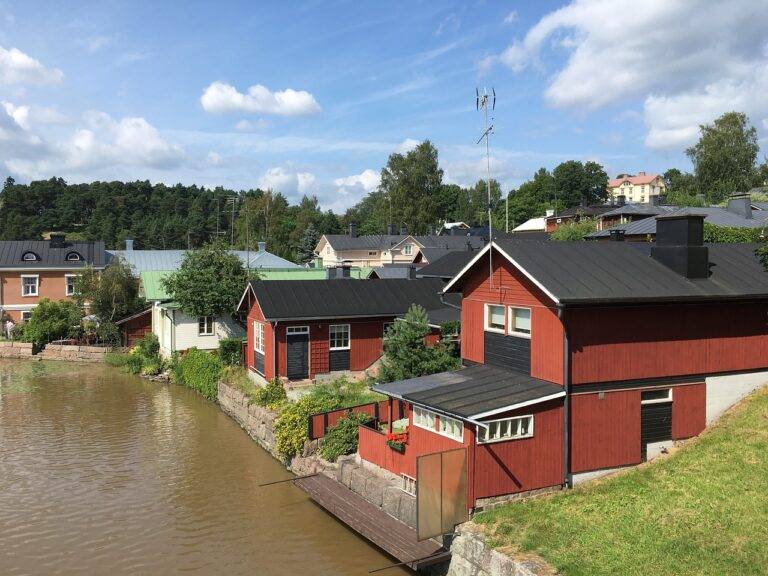Investing in Home Insulation: Long-Term Savings
cricket bet 99, sky11, reddy anna online book id: Investing in Home Insulation: Long-Term Savings
Are you looking to make your home more energy-efficient and save money on your utility bills in the long run? One of the best ways to achieve this is by investing in home insulation. While it may require an upfront cost, the long-term savings and benefits of proper insulation far outweigh the initial investment. In this article, we will explore the importance of home insulation, the different types of insulation available, and how it can help you save money in the long run.
Why Home Insulation is Important
Proper insulation is essential for maintaining a comfortable and energy-efficient home. Insulation helps to regulate the temperature inside your home by preventing heat loss in the winter and heat gain in the summer. This means that your heating and cooling systems won’t have to work as hard to maintain a consistent temperature, leading to lower energy bills.
In addition to reducing energy costs, insulation can also improve indoor air quality by reducing the infiltration of outdoor pollutants and allergens. Proper insulation can also help to reduce noise levels from outside, making your home a more peaceful and quiet environment.
Types of Insulation
There are several types of insulation available, each with its own set of pros and cons. The most common types of insulation used in homes include:
1. Fiberglass Insulation: Made from glass fibers, fiberglass insulation is one of the most popular types of insulation due to its affordability and effectiveness at reducing heat transfer.
2. Cellulose Insulation: Made from recycled paper materials treated with flame retardants, cellulose insulation is a sustainable option that is effective at reducing heat transfer.
3. Spray Foam Insulation: This type of insulation is applied as a liquid that expands to fill gaps and crevices, providing a tight seal against air infiltration.
4. Rigid Foam Insulation: Made from polystyrene, polyurethane, or polyisocyanurate, rigid foam insulation is a durable option that provides a high level of insulation.
5. Reflective Insulation: This type of insulation reflects radiant heat, making it effective in hot climates.
6. Blown-In Insulation: This type of insulation is installed using a blowing machine to fill wall cavities and attic spaces.
Choosing the right type of insulation for your home will depend on factors such as your budget, climate, and the area of your home that needs to be insulated.
Long-Term Savings
While investing in home insulation may require an upfront cost, the long-term savings can be significant. By reducing heat loss and heat gain, insulation can lower your energy bills year-round. According to the U.S. Department of Energy, homeowners can save an average of 15% on heating and cooling costs by properly insulating their homes.
In addition to energy savings, proper insulation can also increase the resale value of your home. Energy-efficient homes are in high demand among buyers, and having a well-insulated home can make it more attractive to potential buyers.
FAQs
Q: How much does home insulation cost?
A: The cost of home insulation will vary depending on the type of insulation you choose, the size of your home, and the area that needs to be insulated. On average, homeowners can expect to pay between $1,500 and $2,500 for insulation installation.
Q: How long does home insulation last?
A: Most types of insulation can last for 20 to 30 years or even longer with proper maintenance. It’s essential to inspect your insulation regularly for signs of damage or wear and tear.
Q: Can I install insulation myself?
A: While some types of insulation, such as fiberglass batts, can be installed by homeowners, it’s generally recommended to hire a professional insulation contractor for best results. A professional installer will ensure that the insulation is properly installed and that all areas are adequately covered.
In conclusion, investing in home insulation is a smart choice for homeowners looking to save money on their energy bills and improve the comfort of their homes. By choosing the right type of insulation and ensuring proper installation, you can enjoy long-term savings and benefits for years to come. Consider consulting with a professional insulation contractor to determine the best insulation options for your home.







